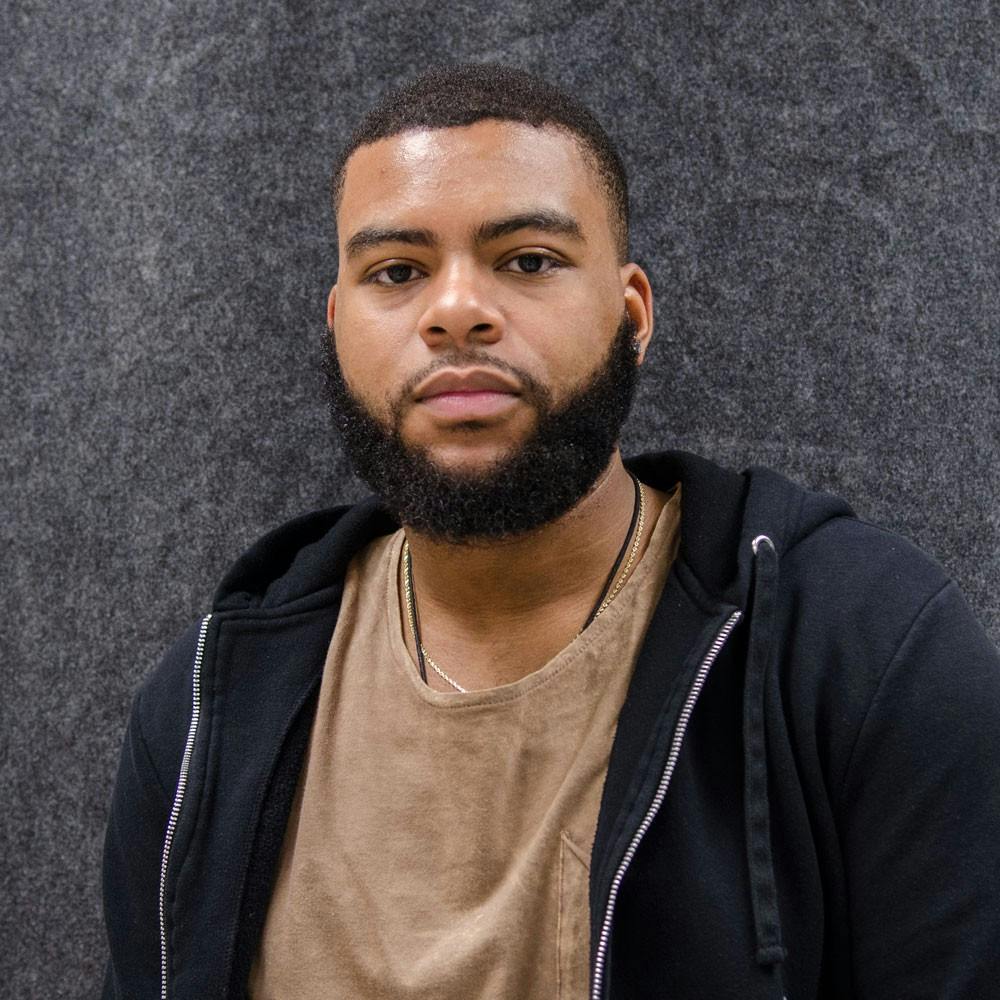Not too long ago, I found myself watching a documentary entitled “Beyond the Beats and Rhymes,” which examines the hyper-masculine lyrics and lifestyles associated with rap music.
Although the documentary was released in 2003, it was a bit eerie how many of the topics discussed in the documentary were still prevalent in hip-hop culture today.
The documentary touched on three main points: the reaffirmation of masculinity, denigration of women – particularly black women – and rampant anti-gay rhetoric and themes.
It forced to me to examine today’s rappers and, while these themes are still perpetuated by many current rappers, I thought, At least we have more socially conscious rappers now.
But do we though?
It seems that the focus of social consciousness in rap is around black men, with women and people who identify as LGBT excluded and often attacked. Unfortunately this isn’t just a problem within rap. This has been a quite common belief regarding movements such as #BlackLivesMatter for quite some time.
In hip-hop, rappers whose work revolves around socially-conscious themes are described as “woke,” meaning they are aware of social and political injustices in today’s society. Awoken from ignorance, if you will.
The more popular rappers who usually fit this description are J. Cole and Kendrick Lamar, with quite a few others who aren’t as mainstream.
J. Cole, the mastermind behind platinum album 2014 Forest Hills Drive, is the current face of conscious rap. He has touched on topics such as police brutality and the prison-industrial complex and made headlines when he performed a song on “The Late Show with David Letterman” themed around Michael Brown and the protests in Ferguson.
While Cole is quite well-versed in addressing social issues surrounding black men, his lyrics regarding women are much less forward-thinking and much more close-minded.
“One time for my LA sisters, one time for my LA hoes; Lame n*ggas can't tell the difference, one time for a n*gga who knows,” is the pre-hook of one of Cole’s most recent songs, “No Role Modelz.”
Cole makes it a point to separate a “sister” from a “hoe.”
Sister, even if not referring to an actual family member, is a title that usually goes hand and hand with an equal, someone who either deserves or has earned your respect and acknowledgement.
A “hoe” on the other hand is a derogatory term used to denigrate women and is given to women who are promiscuous and/or enjoy sex.
This is a lyrical expression of a common-held belief in a patriarchal society; in order to worthy of the respect of men, women cannot engage in or enjoy sex.
Cole’s lyrics go on to vulgarly discuss and demean women and their various body parts.
I would like to say that it’s almost baffling that someone who is so socially aware of racial injustice turns a blind eye to the injustices facing women, but unfortunately I can’t come to that conclusion based on just how backward the thought processes of many rap artists, and perhaps to certain extent men in our society, are.
It may be even more baffling that young women comprise a very large portion of his fans.
Sadly, that last part surprises me less.
In the documentary, the interviewer talks to a few women and asks why they still enjoy music that objectifies and disrespects them so much. Many of the women said “Well, they aren’t talking about me, so it’s not a big deal."
A lot of people seem to carry this belief. Some may think being offended means they are inadvertently placing themselves into the group being talked about, so by not being offended, they aren’t the target of the message.
As fans of rap music we need to do better. Man, woman, black, white and anything in between, we need to shift the culture of shaming and glorifying sexuality in the same breath.
I’m not singling out J. Cole because I hate him or his music. I think that he is on the precipice of being not only an iconic rapper, but an iconic public figure who can use his platform to make a real change.
My problem is that we need to limit social consciousness to just knowledge of one issue facing disadvantages groups. Being “woke” is a knowledge of intersectionality and as a “woke” rapper, Cole should move us forward, not keep us stranded.
James Battle is a contributing writer. Arts desk can be reached at arts@ubspectrum.com.





